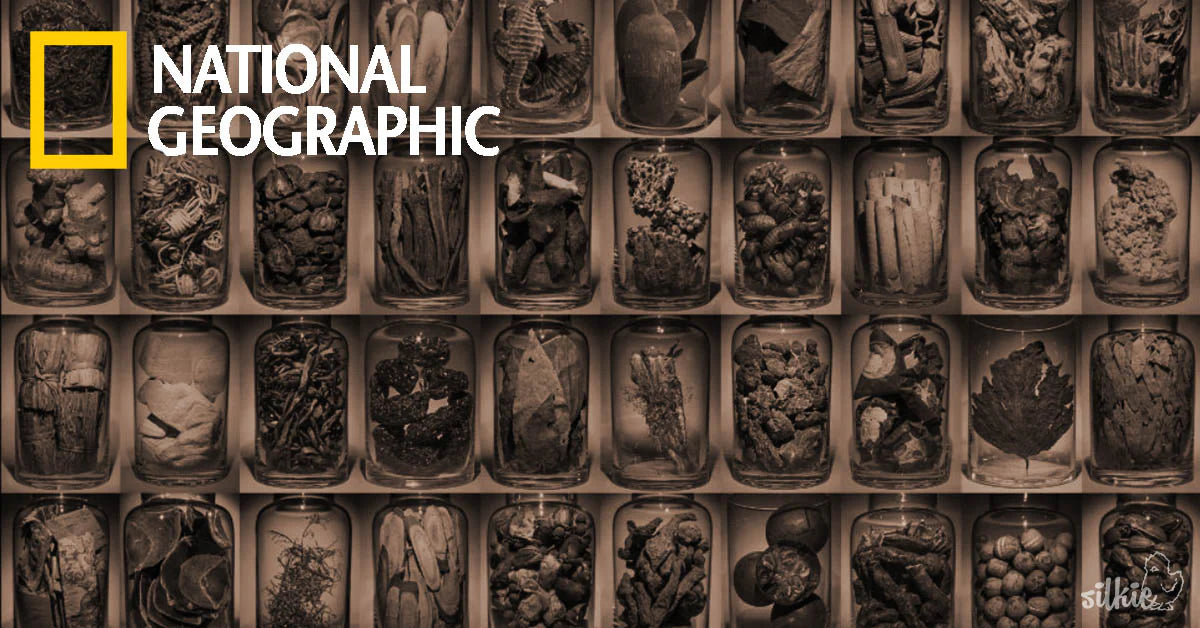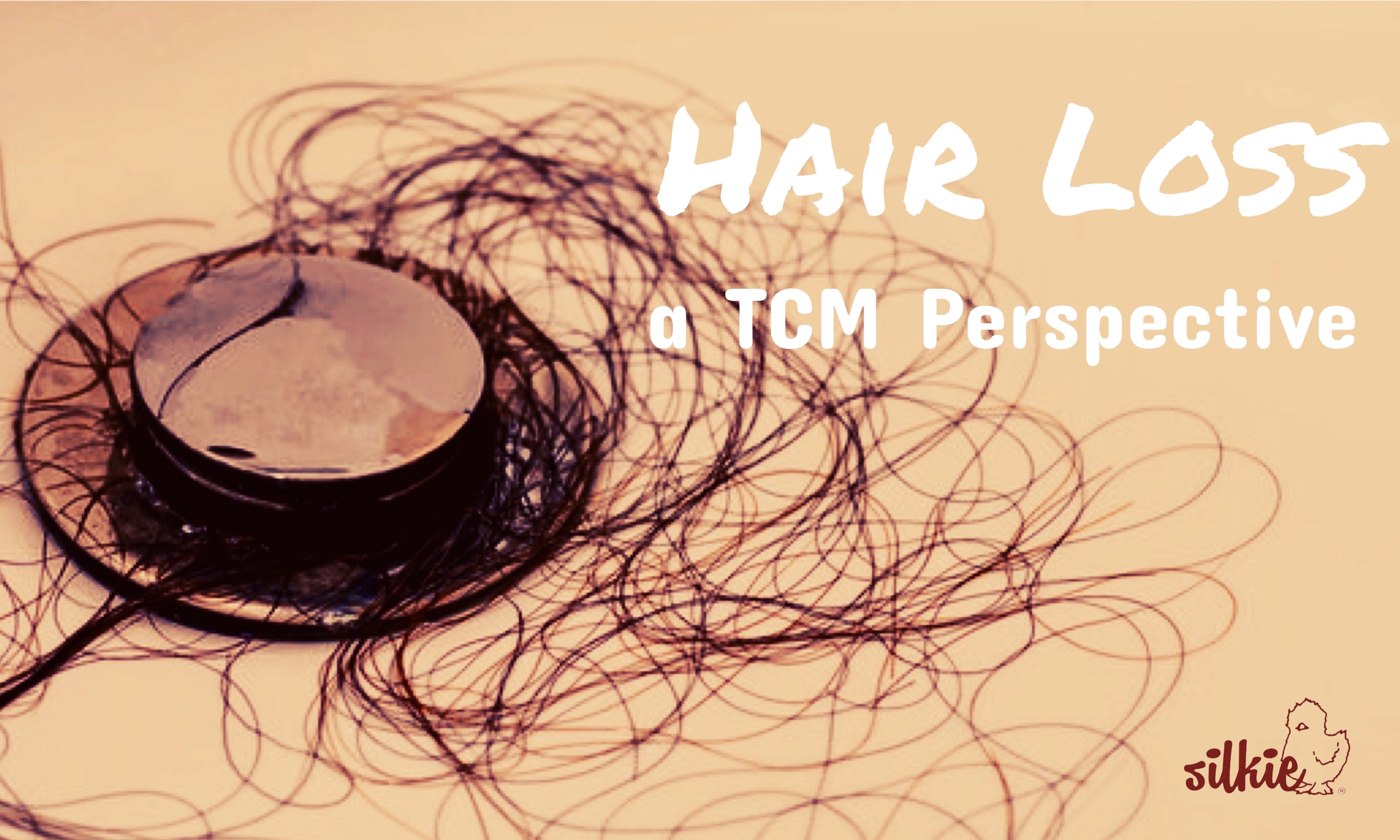Western science approaches TCM

By Ann Tam
Can Traditional Chinese Medicine really cure diseases that the West considers “incurable”? National Geographic published a great article about western science learning more about Traditional Chinese Medicine. Just like Aspirin was originally a plant based herb, naturally occurring in the bark of a willow tree, there are many powerful natural remedies in Traditional Chinese Medicine. Did you know that the latest Malaria medication is based on an old TCM formula from 400 A.D.? The researcher who recently re-discovered and created a western version of it, received a Nobel prize for it.
The National Geographic article also touches on the dark side of TCM, the fringe practices that contribute to the extinction of endangered species and the suffering of “harvested” animals. Here at Silkie we are firmly committed to an ethical version of TCM. We don’t use parts of endangered animals in our formulas nor do we use the bear bile that is described in the article. What we do use are the highest quality herbs, that are harvested at the height of their potency and carefully processed. Just like Strawberries are sweet and flavorful when harvested at the height of their ripeness, they can be watery and green a few days earlier or mushy and rotten a few days later. The perfect quality herbs are harder to find and more expensive than the standard ones, but much higher in potency and more effective.
If you are curious to learn more about the latest links between western science and TCM head over to the National Geographic article. It's a 15 minute long read, but full of interesting information.




